How To Treat Insect & Spider Bites
At first, individuals realizing they received an insect or spider bite might be a surprise. This is especially true if they didn't feel the bite when it initially occurred. In fact, they may not notice they were bitten at all until they scratch and suddenly cause inflammation. Spider bites, in particular, can come with a few symptoms that are a bit more noticeable. While it is typically easiest if the individual can see the actual spider that bit them to determine if it was poisonous or not, they can usually tell if a spider bit them by the following symptoms: swelling, a red welt, skin damage, itching, or pain. For non-poisonous bites, look for easy treatments to deal with some of the irritation that comes from a bite.
Ice The Infected Area
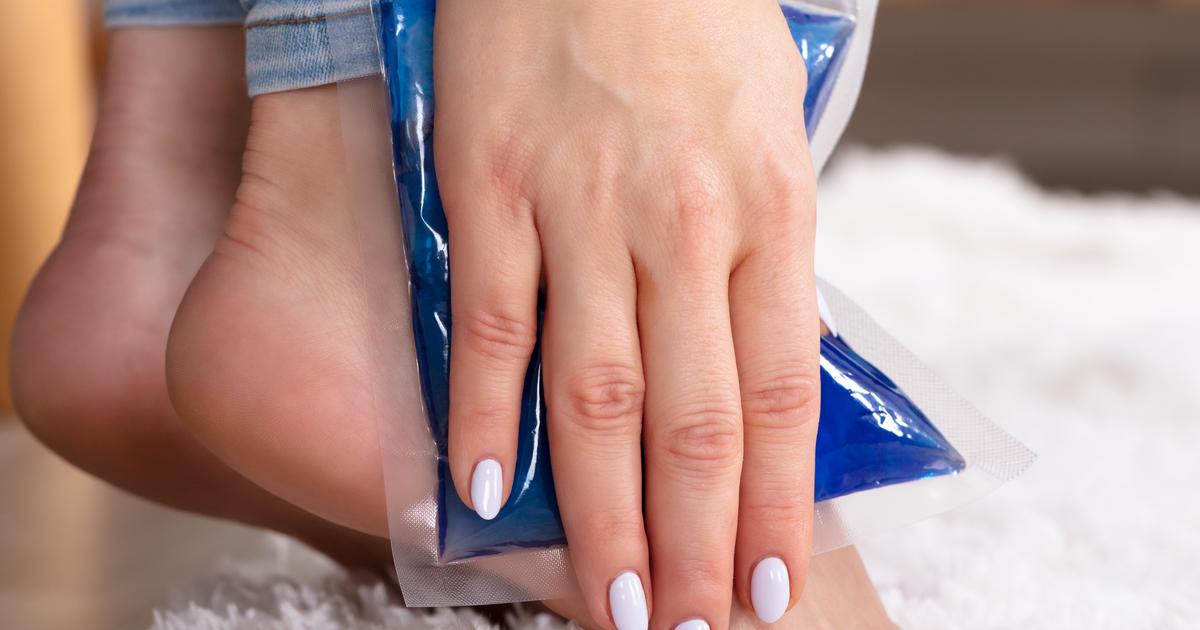
The idea behind icing an area is to reduce inflammation. As such, when individuals ice the infected area, they're basically keeping the infected area from growing and traveling to other parts of their body. Icing can also help reduce the amount of swelling and stop the bleeding. Because the cold restricts blood circulation and blood flow, it can help numb the pain from the bite and reduce the bruising that occurs. Most effective is to take ice from the freezer and wrap it in a cloth, then hold it against the infected area.
Apply A Cold Compress
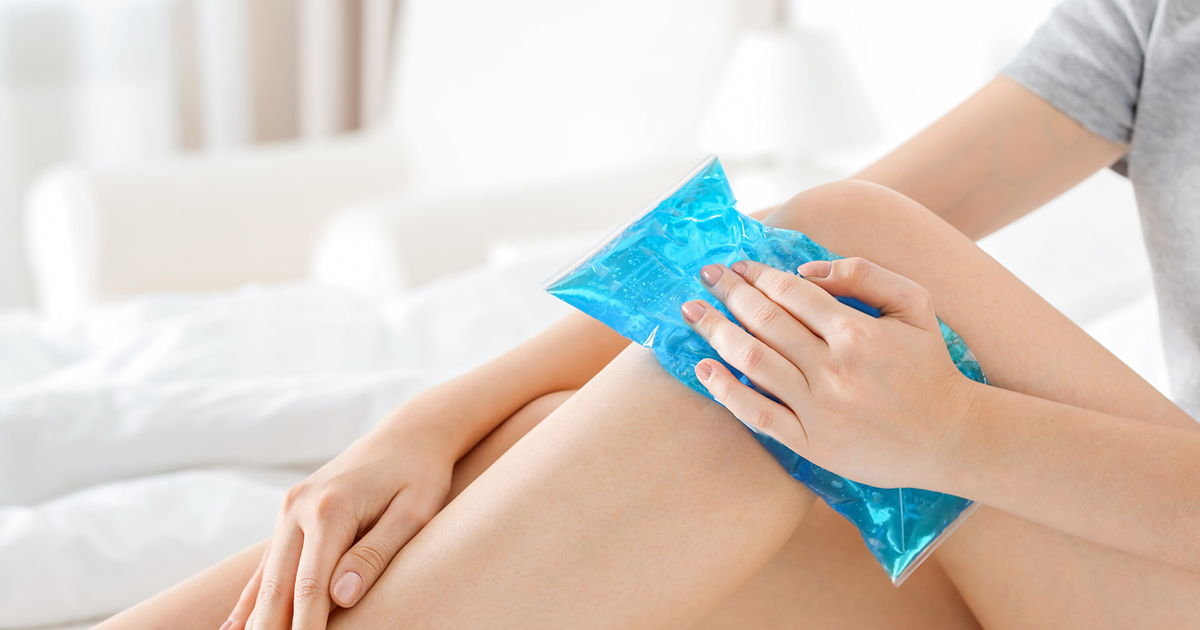
It's also easy to make a cold compress from household items. In the event individuals don't have any ice packs at home or in an emergency kit, they can take ice or frozen vegetables, wrap them in a cloth or plastic bag, and then hold the cloth against the area. This should be done ten minutes at a time, and then the compress should be removed for a short time, before compressing again. It's best not press ice directly to the skin as it can stick and actually hurt. Individuals should also be sure to wait two hours between compressions to avoid injuring the rest of their body. They should also dry the area they held the compress against with a towel once they've finished. Applying a cold compress is similar to icing except individuals are not just icing, they are also compressing the area.
Baking Soda
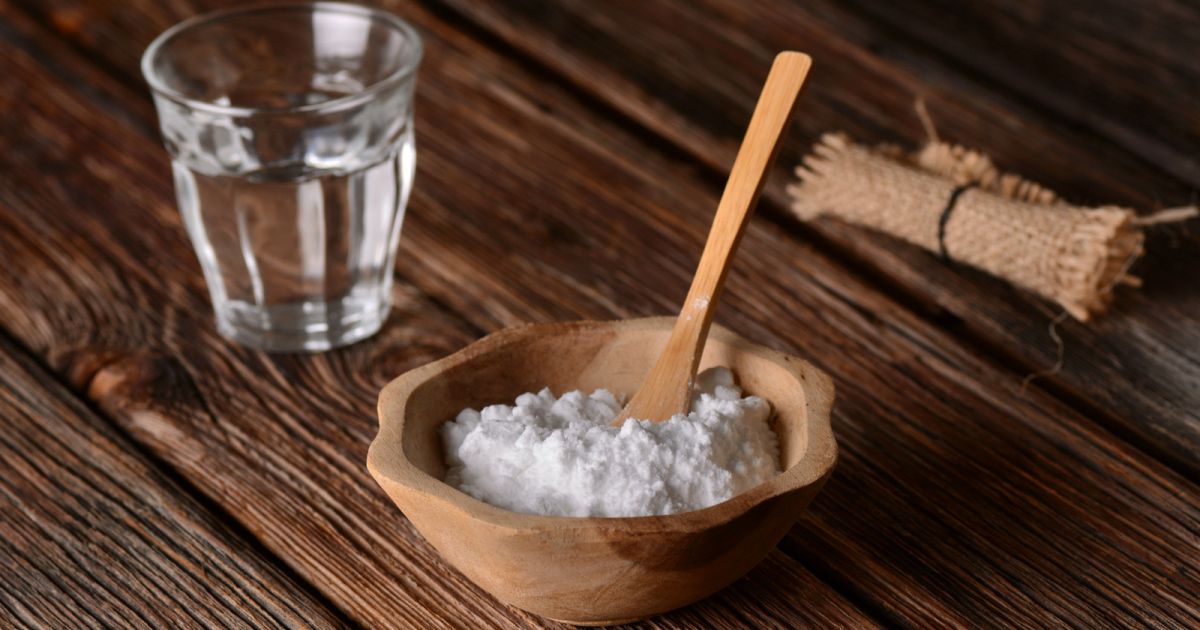
At first, individuals may not think baking soda would have anything to do with bug bites. However, considering the many uses baking soda has, all of those cleaning hacks, for one, it's actually not a real big surprise baking soda is also just as effective against bug bites as it is anything else. The secret rests in baking soda's chemical makeup. Because it is alkaline, it neutralizes the pH within the bite. A lot of the venom used in spider and other insect bites are acidic, which is what causes the area to become inflamed. Since baking soda is a base, it neutralizes the acid, and the area is no longer undergoing inflammation. For individuals experiencing itchy symptoms from their bite, baking soda could basically take care of the problem for them.
The best method is to make a paste out of baking soda, which can be done by adding some water and stirring. Once it has thickened up, individuals should apply the paste to the bite regularly throughout the day. Individuals who want a thick paste should mix three parts baking soda to one part water.
Calamine Lotion
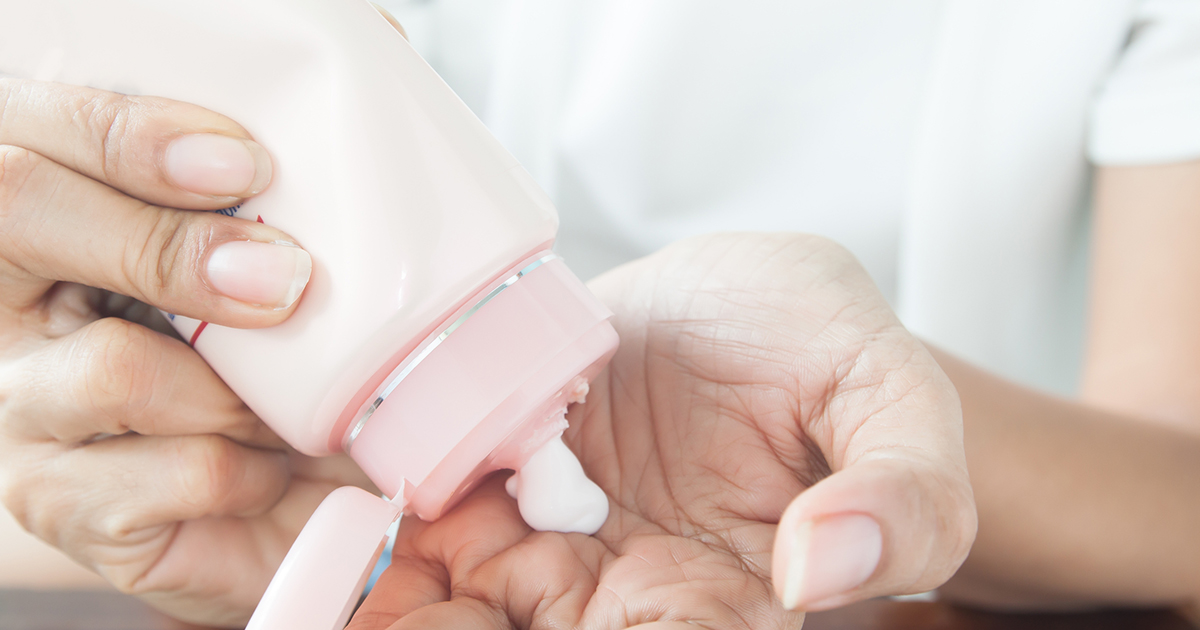
One of the worst things individuals can do when they receive an insect or spider bite is to itch the area. This can become a maddening experience since it's almost impossible not to itch. However, by itching, individuals may actually be spreading the infection or venom within the bite even further through their body. For venomous bites, this could prove to be a fatal mistake. To help with the need to itch, one of the best methods out there is calamine lotion.
Typically used for poison ivy, poison oak, and other irritants against the skin that can cause itching, this lotion is just as effective for bug bites. The lotion is a counter-irritant as it works to reduce inflammation and itching. The calamine within the lotion evaporates once it is spread against the skin. This creates a cooling effect that can help soothe the irritated area. Zinc oxide is an ingredient found in calamine, and it actually has antiseptic properties to help prevent further infection.
Anti-Itch Creams
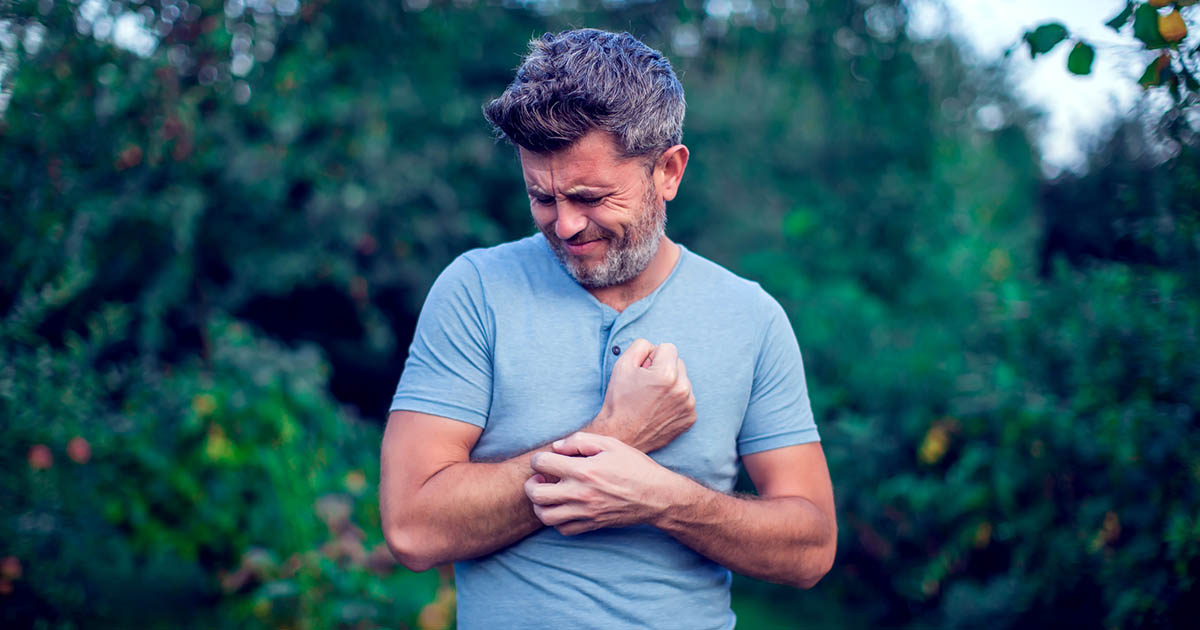
Similar to calamine, patients may want to find additional creams that can reduce their need to itch the infected area. It may even be as simple as cleaning the bite and applying an antibiotic ointment. This could soothe the area quickly, and patients can likely find an anti-itch cream that possesses similar qualities. Antihistamines can also reduce the need to itch.
Since these are topical creams, individuals should apply them with relative ease right over the infected area. Once they start reducing the inflammation, the key reason patients are being driven to itch in the first place, they should feel relief from the desire to itch. As suggested before, if individuals can find anti-itch creams with antibacterial qualities, they can give the bite a double dose of relief and treatment. Of course, if the bite seems to be a result of a poisonous spider or bug, patients should see their doctor immediately as they might need a dose of anti-venom. For just itchy bites, creams work well.
Clean The Bite With Soap And Water Immediately
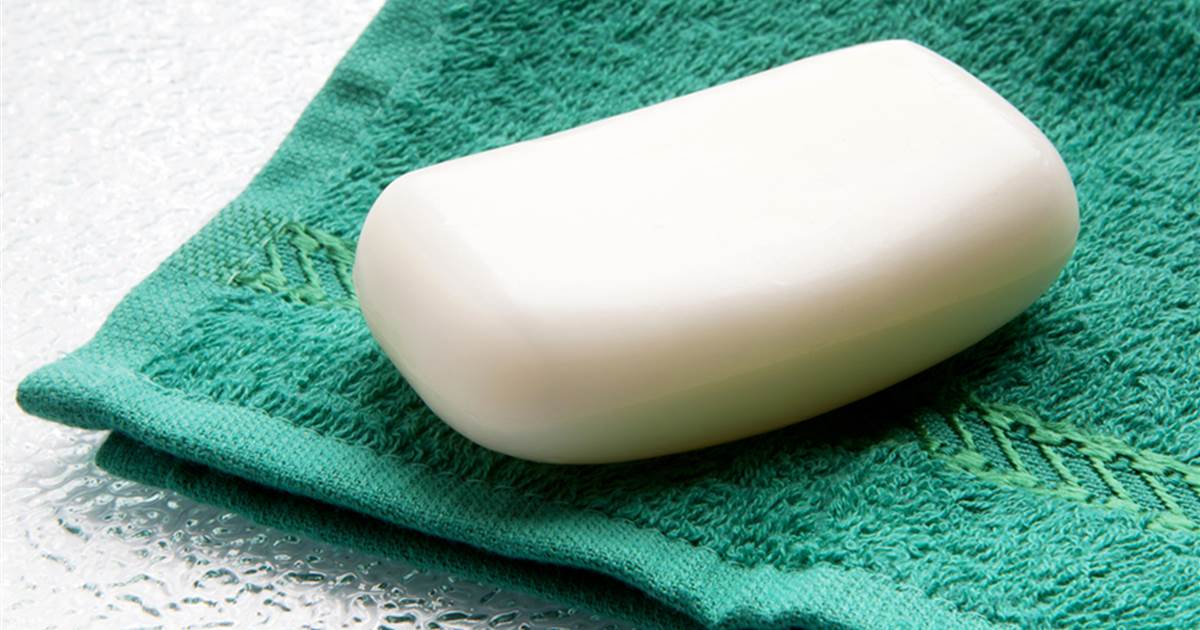
If the patient has been bitten by an insect or spider, it is important to clean the bite with soap and water immediately. This crucial first step can help prevent infection and other potential complications at the site. Either warm or cold water can be used, and any antibacterial soap is appropriate. Since the site may be painful, placing it under running water for a few seconds can help, and dipping the affected area in soapy water may be less painful than rubbing soap directly onto the site. When drying the site, use a gentle patting motion rather than a rubbing motion; rubbing might increase pain.
Doctors recommend washing the area with soapy water several times a day for the first two days after the bite. If the bite is large, itchy, or swollen, covering it with a sterile bandage could reduce scratching and keep the area cleaner than it otherwise would be. The area may need to be washed again when the bandage is changed. Alcohol-based hand sanitizers should never be used to clean a bite, as they may cause tissue damage. However, it is safe to use antiseptics found in first aid kits if soap is not available.
Monitor Bite For Signs Of Infection
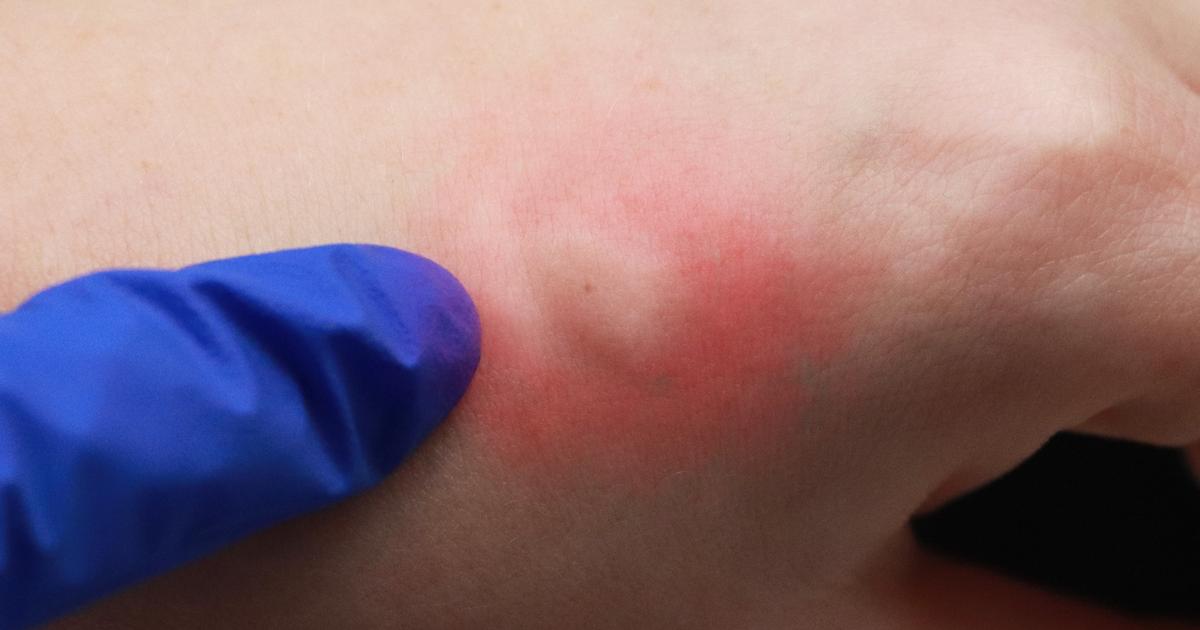
Patients who have recently had an insect or spider bite should monitor bite for signs of infection on a daily basis. Some of the signs that could indicate a potential infection include warmth or redness at the site. For example, the patient may notice the area feels much warmer than the surrounding skin or to the skin on the opposite side of the body, and any redness of the skin that goes beyond the area of the bite itself could indicate inflammation. Swelling, pain, and discharge of any fluid, including clear fluid and pus, also indicate infection and should be evaluated by a physician. It can be helpful to draw around the area of the initial bite with a marker; this enables the patient to easily see whether redness or swelling is spreading outside of the site. If the patient develops hives or has swelling of the eyelids, lips, or throat, this could indicate an allergic reaction that requires prompt medical attention.
Take Over-The-Counter Pain Medication
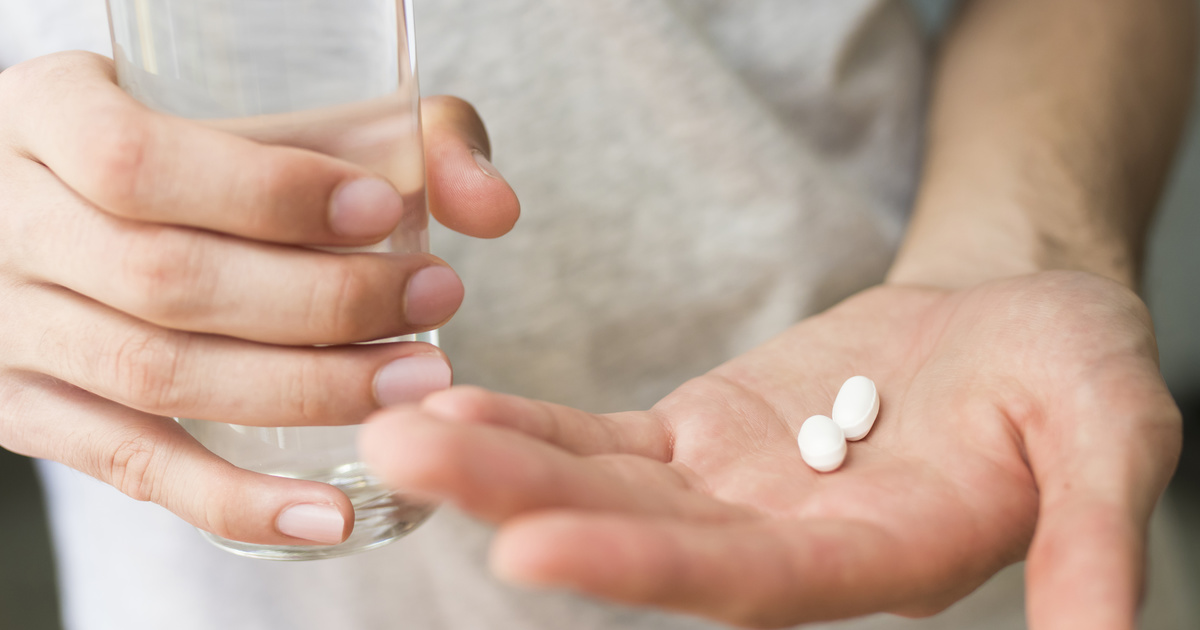
Bites from certain insects such as scorpions, hornets, and honeybees can cause significant pain for some patients, and it may be necessary to take over-the-counter pain medication in these instances. Ibuprofen, acetaminophen, or naproxen are generally safe and effective over-the-counter pain relievers for the majority of individuals, and acetylsalicylic acid is typically appropriate for patients nineteen years old or older. Individuals who have cardiovascular, kidney, or liver issues should ask their healthcare providers about which over-the-counter medications are safe for them to use, and patients who have diabetes should also consult their doctors before taking any over-the-counter drugs.
Individuals taking ibuprofen could experience nausea, vomiting, an upset stomach, diarrhea, and dizziness. Since this medication may raise blood pressure, patients who have hypertension might need to use another pain reliever instead, and doctors advise all patients using ibuprofen to monitor their blood pressure at home. Acetaminophen may cause nausea and vomiting, and some patients have reported constipation and an upset stomach. Patients taking any over-the-counter pain reliever should use the lowest effective dose for the shortest possible amount of time, and they should report any troublesome side effects to their healthcare team.
Apply Antibiotic Cream

To help insect and spider bites heal more quickly, it may be useful to apply an antibiotic cream. Many of these creams are available over-the-counter, and doctors can also prescribe stronger versions. Patients should wash their hands prior to applying the cream, and using a cotton ball or cotton bud to apply it is less messy and carries less risk of infection than applying it with the fingers. The tip of the tube that holds the cream should never be touched to the affected area as this could cause contamination. Patients should always follow the directions on the back of the tube for appropriate dosing. The majority of antibiotic creams can be applied up to four times a day, and patients may need to continue applying these for up to a week. If the antibiotic cream does not seem to work or if patients develop any new or worsening symptoms, they should consult their healthcare provider.
Seek Medical Attention

Some bites may lead to an allergic reaction, and it is important to seek medical attention in these cases. Allergic reactions to insect and spider bites can occur even in patients who have never had reactions to bites before, and everyone who has an insect or spider bite should be monitored at home for potential indications of an adverse reaction. Patients who have swelling of the eyes or lips, difficulty breathing, a rapid heartbeat, hives, confusion, or dizziness should receive urgent medical care, and doctors recommend that all children bitten by scorpions receive a medical evaluation. In addition, anyone who develops a fever or chills after a bite should seek prompt medical care. Patients who have a scab or infection at the site of their insect bite that does not improve after forty-eight hours of home treatment are advised to schedule an office visit with their healthcare team.
